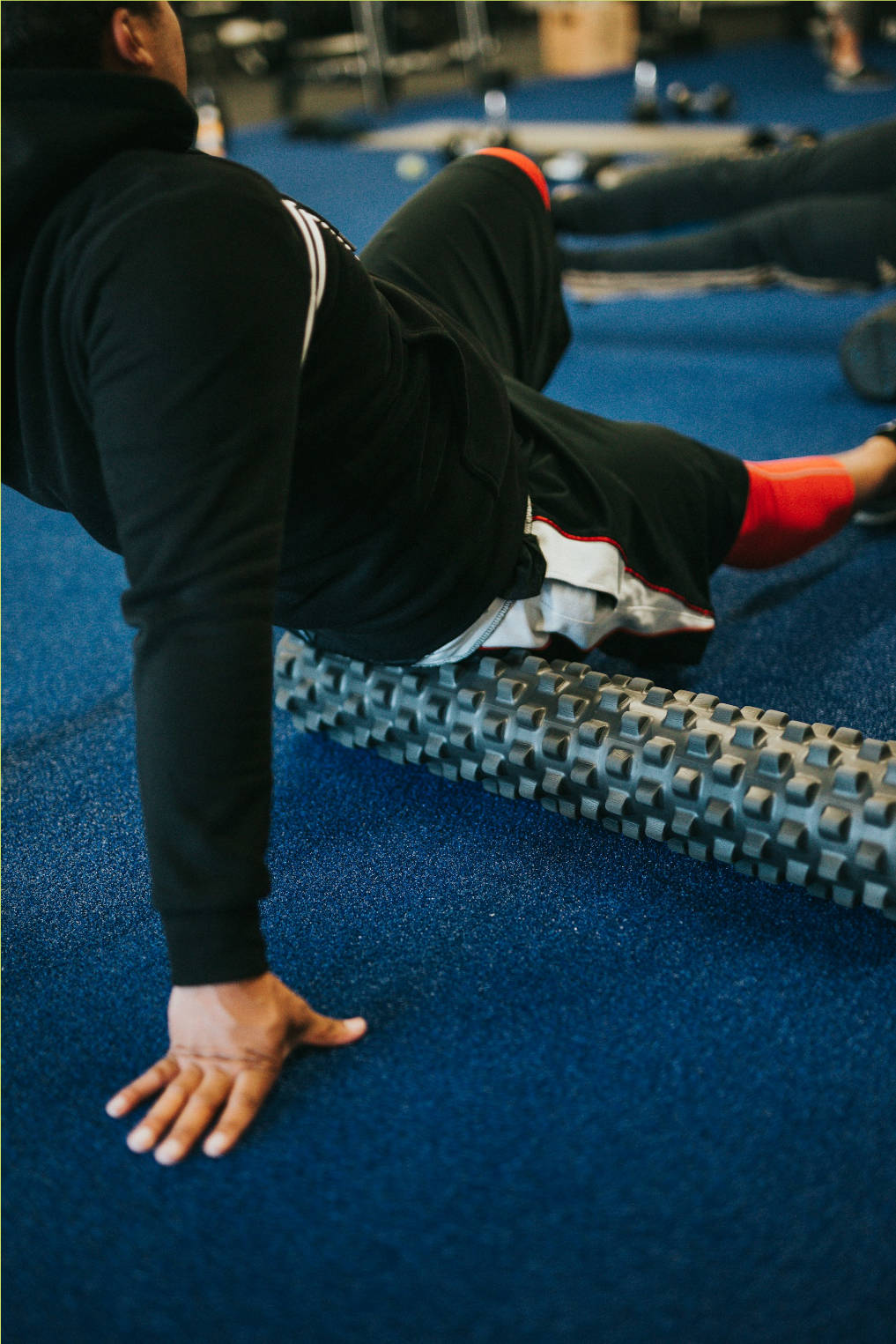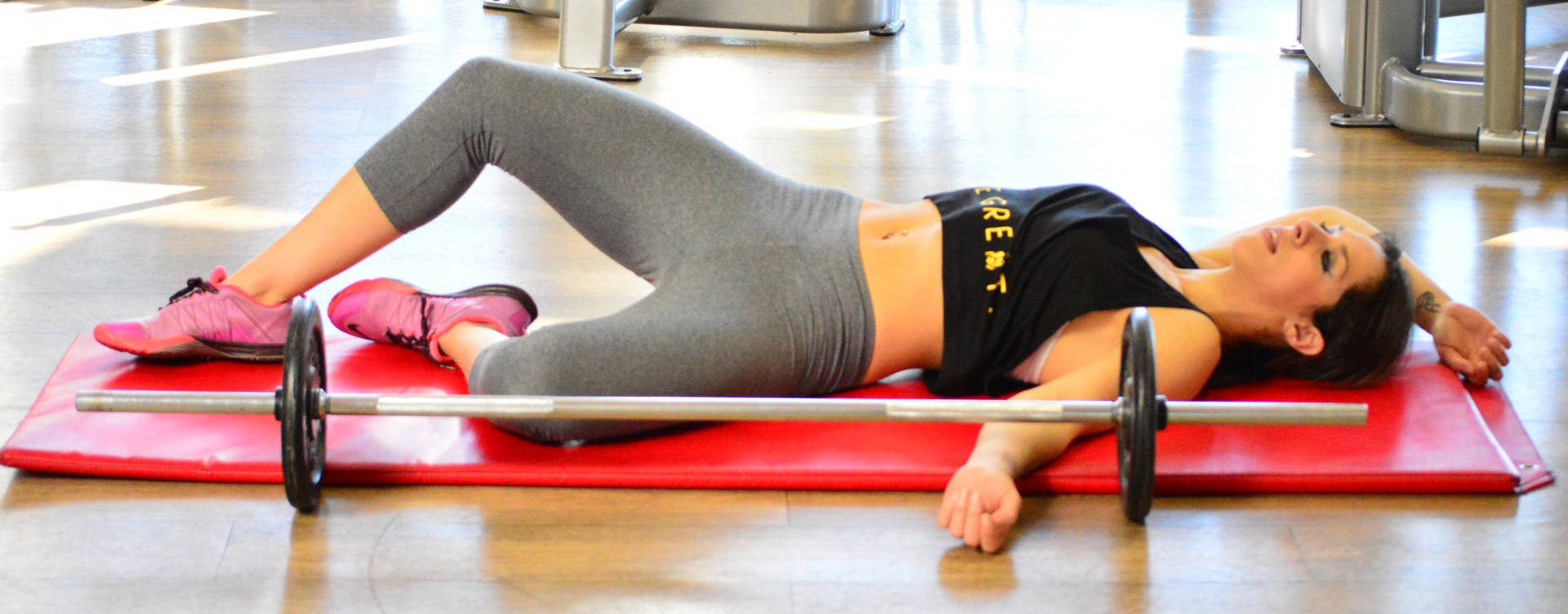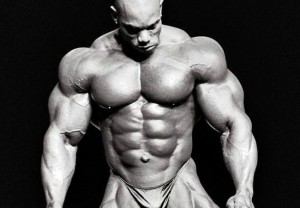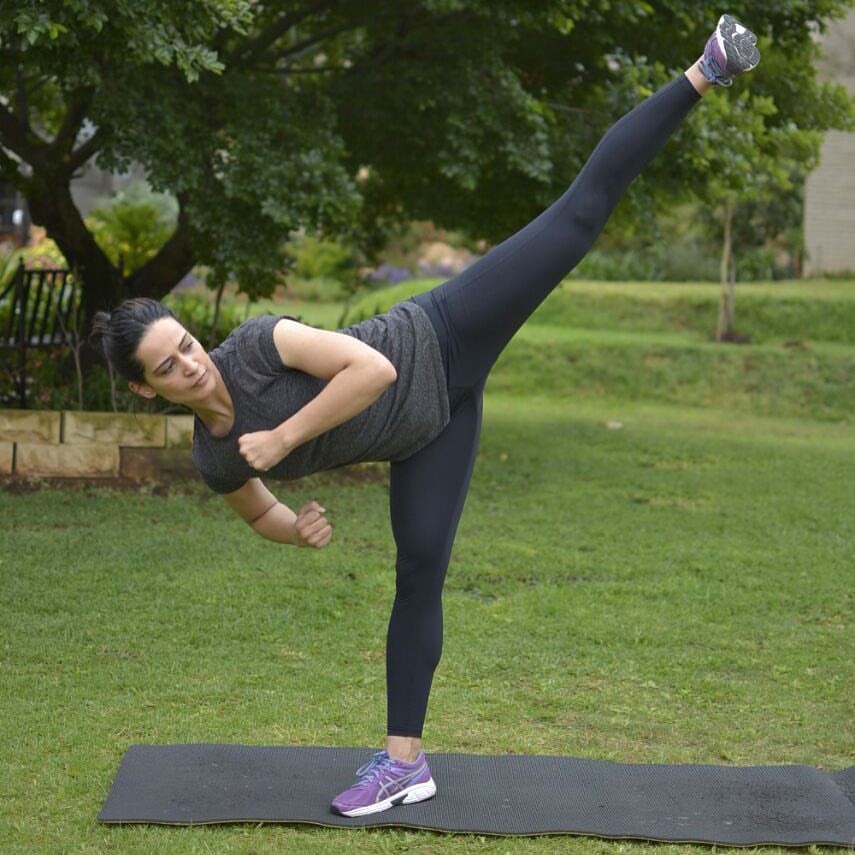Staying fit and active is great, but muscle recovery is just as important for maintaining your performance and preventing injuries. This article will highlight some must-have tools and techniques to help with muscle recovery.
Foam Rollers
Foam rollers are a staple in the fitness world for a reason. They help release muscle tension, improve flexibility, and increase muscle blood flow. Using a foam roller after a workout can break down knots and adhesions in your muscles, leading to faster recovery. Just spend a few minutes rolling out your major muscle groups, and you’ll notice a significant difference in how you feel the next day.
Compression Gear
Wearing compression gear, like sleeves or socks, can be incredibly beneficial for muscle recovery. These garments apply gentle pressure to your muscles, enhancing blood circulation and reducing soreness and inflammation. Athletes who wear compression gear tend to have less muscle soreness and recover more quickly after intense exercise.
Massage Guns
Massage guns are high-tech tools that deliver rapid bursts of pressure to your muscles, effectively mimicking a deep-tissue massage. They’re perfect for targeting tight muscles and breaking up scar tissue, which can speed up recovery. Incorporate a few minutes of massage gun use into your post-workout routine to alleviate tension and promote muscle repair.
Epsom Salt Baths
Sometimes, the best methods are the tried-and-true ones. Epsom salt baths have been used for decades to relieve muscle pain and reduce inflammation. Your skin absorbs the magnesium in Epsom salts, helping to relax muscles and flush out toxins.
Draw a warm bath, add a couple of cups of Epsom salt, and soak for about 20 minutes to reap the benefits.
Red Light Therapy
Red light therapy is becoming increasingly popular for its ability to enhance muscle recovery. It works by penetrating deep into the skin and promoting cellular regeneration. This process can help reduce inflammation, speed up healing, and alleviate muscle pain. Investing in red light therapy devices can be a game-changer for those serious about their recovery routine.
Proper Nutrition
What you eat plays a crucial role in how well your muscles recover. Protein is essential for repairing and building muscle tissue, while carbohydrates replenish glycogen stores depleted during exercise.
Aim to consume a balanced meal with lean protein and complex carbs within an hour after your workout.
Rest Days and Quality Sleep
Don’t underestimate the power of rest. Rest days give your muscles the time they need to repair and grow stronger. Additionally, quality sleep is vital for muscle recovery. During deep sleep, your body releases growth hormones that aid in tissue repair. Aim for seven to nine hours of sleep per night to ensure your muscles have ample time to recover.
Incorporating these muscle recovery tools and techniques into your fitness regimen can make a world of difference in how quickly and effectively you recover from workouts. Each element plays a vital role in your overall recovery strategy. By using these methods, you’ll be back to pushing your limits and achieving your fitness goals in no time.























